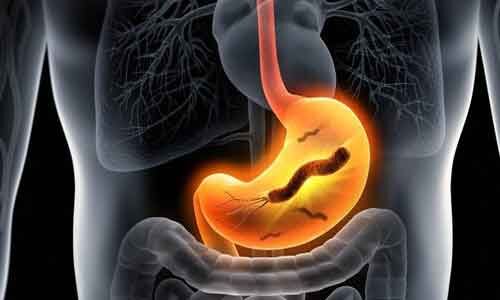- Home
- Medical news & Guidelines
- Anesthesiology
- Cardiology and CTVS
- Critical Care
- Dentistry
- Dermatology
- Diabetes and Endocrinology
- ENT
- Gastroenterology
- Medicine
- Nephrology
- Neurology
- Obstretics-Gynaecology
- Oncology
- Ophthalmology
- Orthopaedics
- Pediatrics-Neonatology
- Psychiatry
- Pulmonology
- Radiology
- Surgery
- Urology
- Laboratory Medicine
- Diet
- Nursing
- Paramedical
- Physiotherapy
- Health news
- Fact Check
- Bone Health Fact Check
- Brain Health Fact Check
- Cancer Related Fact Check
- Child Care Fact Check
- Dental and oral health fact check
- Diabetes and metabolic health fact check
- Diet and Nutrition Fact Check
- Eye and ENT Care Fact Check
- Fitness fact check
- Gut health fact check
- Heart health fact check
- Kidney health fact check
- Medical education fact check
- Men's health fact check
- Respiratory fact check
- Skin and hair care fact check
- Vaccine and Immunization fact check
- Women's health fact check
- AYUSH
- State News
- Andaman and Nicobar Islands
- Andhra Pradesh
- Arunachal Pradesh
- Assam
- Bihar
- Chandigarh
- Chattisgarh
- Dadra and Nagar Haveli
- Daman and Diu
- Delhi
- Goa
- Gujarat
- Haryana
- Himachal Pradesh
- Jammu & Kashmir
- Jharkhand
- Karnataka
- Kerala
- Ladakh
- Lakshadweep
- Madhya Pradesh
- Maharashtra
- Manipur
- Meghalaya
- Mizoram
- Nagaland
- Odisha
- Puducherry
- Punjab
- Rajasthan
- Sikkim
- Tamil Nadu
- Telangana
- Tripura
- Uttar Pradesh
- Uttrakhand
- West Bengal
- Medical Education
- Industry
Vitamin D deficiency linked to failure of H. pylori eradication: Study

Delhi: Vitamin D deficiency could be a risk factor for the eradication failure of Helicobacter pylori, finds a recent study in the journal Clinical Laboratory. Based on the study results, the researchers recommend to investigate the effect of vitamin D supplementation on H. pylori eradication.
Many studies are being performed on host factors related to failure of eradication of H. pylori. The study by Mokhtar M. Shatla and colleagues was aimed to study the influence of 25-hydroxy-vitamin D [25(OH)-vitD] status on the rate of H. pylori eradication.
For the purpose, the researchers tested 150 patients infected with H. pylori for serum 25(OH)-vitD level prior to 14 days clarithromycin-based triple eradication therapy. Patients were accordingly divided into group I (eradication successful) and group II (eradication failure). The patients in both the groups were compared for mean level of serum 25(OH)-vitD and number and percentage of patients with deficient 25 (OH)-vitD.
Key findings of the study include:
- Overall rate of eradication was 72%.
- Mean serum level of 25(OH)-vitD was higher in the eradication successful group compared to the group of eradication failure (28.12 ± 8.10 vs. 13.54 ± 6.37).
- The percentage of patients with 25(OH)-vitD deficiency was higher in the group of eradication failure compared to the group of successful eradication [30 (71.5%) vs. 19 (17.5%)].
- Patients with sufficient 25(OH)-vitD had a higher rate of eradication compared to patients with deficient 25(OH)-vitD (88% vs. 38.5%).
"This study suggested that deficiency of 25(OH)-vitD could be a risk factor for H. pylori eradication failure, and it recommends to investigate the effect of vitamin D supplementation on H. pylori eradication," concluded the authors.
The study titled, "Is Vitamin D Deficiency a Risk Factor for Helicobacter Pylori Eradication Failure?," is published in the journal Clinical Laboratory.
DOI: https://www.clin-lab-publications.com/article/3667
Dr Kamal Kant Kohli-MBBS, DTCD- a chest specialist with more than 30 years of practice and a flair for writing clinical articles, Dr Kamal Kant Kohli joined Medical Dialogues as a Chief Editor of Medical News. Besides writing articles, as an editor, he proofreads and verifies all the medical content published on Medical Dialogues including those coming from journals, studies,medical conferences,guidelines etc. Email: drkohli@medicaldialogues.in. Contact no. 011-43720751


